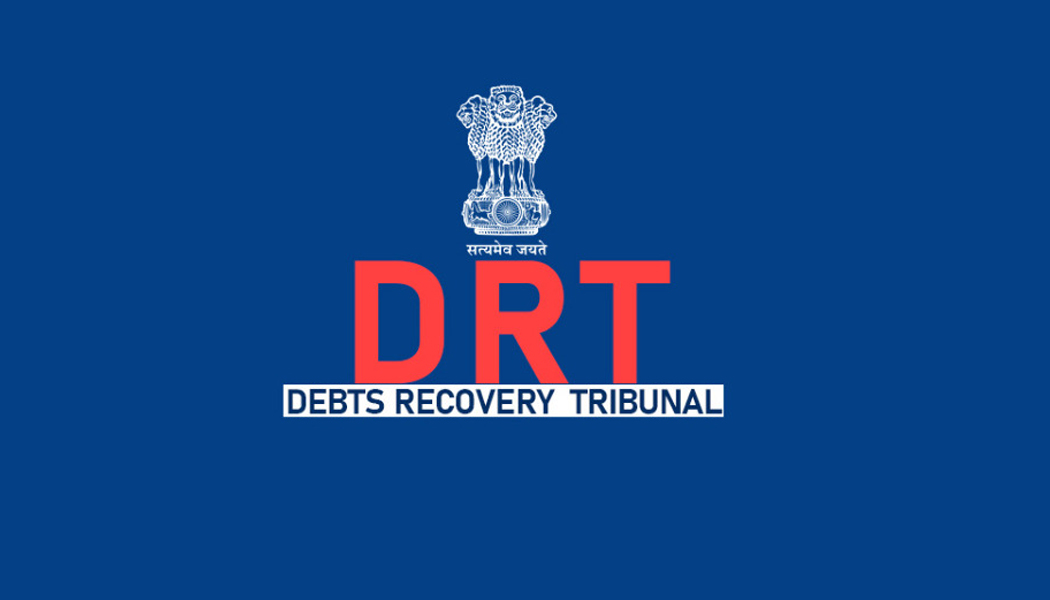
Is there an appellate mechanism against DRT orders?
Is there an appellate mechanism against DRT orders?
Yes, there is an appellate mechanism available against Debts Recovery Tribunal (DRT) orders. Parties aggrieved by the decisions or orders of a DRT have the right to appeal before the Debts Recovery Appellate Tribunal (DRAT). The DRAT serves as the appellate authority for reviewing the decisions of DRTs and providing redressal to parties dissatisfied with the DRT’s judgment.
Here’s an overview of the appellate process against DRT orders:
- Filing of Appeal: The aggrieved party, whether it is the creditor (bank or financial institution) or the debtor, may file an appeal before the DRAT within the prescribed time frame. The appeal must be filed in the form of a memorandum of appeal along with the necessary documents and prescribed fees.
- Grounds of Appeal: The memorandum of appeal should specify the grounds on which the appellant seeks to challenge the DRT’s decision. Common grounds for appeal may include errors of law or fact, incorrect interpretation of evidence, procedural irregularities, or any other valid grounds for setting aside or modifying the DRT’s order.
- Documentation: Along with the memorandum of appeal, the appellant is required to submit copies of all relevant documents, records, and evidence relied upon to support the grounds of appeal. This includes the original application, written statements, orders of the DRT, and any other documents relevant to the case.
- Appeal Hearing: Upon receipt of the appeal, the DRAT conducts hearings to adjudicate the merits of the case. Both parties have the opportunity to present their arguments, cite precedents, and submit evidence before the appellate tribunal. The proceedings before the DRAT are conducted in accordance with the principles of natural justice, ensuring a fair and impartial hearing for both parties.
- Decision of the DRAT: After considering the submissions of the parties and examining the records of the case, the DRAT passes an order either affirming, modifying, or setting aside the decision of the DRT. The decision of the DRAT is final and binding on the parties, subject to any further appeal to the High Court on questions of law.
- Enforcement of DRAT Orders: Once the orders of the DRAT become final and conclusive, they are enforceable in the same manner as a decree of the civil court. Parties failing to comply with DRAT orders may be subject to penalties or sanctions imposed by the tribunal.
Overall, the appellate mechanism provided by the DRAT ensures that parties have recourse against erroneous or unjust decisions of DRTs, thereby promoting fairness and accountability in the debt recovery process.
Disclaimer: This information is intended for general guidance only and does not constitute legal advice. Please consult with a qualified lawyer for personalized advice specific to your situation
Adcocate J.S. Rohilla (Civil & Criminal Lawyer in Indore)
Contact: 88271 22304
